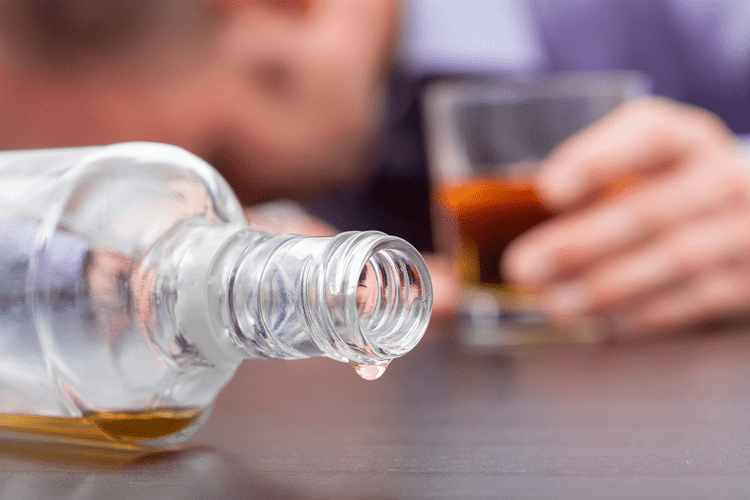5 Lessons I Learned From 5 Years In Sobriety « The Sober Curator
As I point out in the current Practical Recovery (SM) Newsletter, this is barking up the wrong tree to recovery (as well as an impossibility). In fact, the DSM psychiatric manual (unbeknownst to virtually everyone who uses it, including even experts who write about it) contains no abstinence criterion for recovery (actually called remission). Addiction and remission are about the absence of problems—using or not using a substance. Learn that you have choices and that you can maintain control. If any area of your life is out of control, it will not help you maintain lasting sobriety. Having a chaotic or disorganized lifestyle can also hinder your recovery.

Consequently, a youth culture that has de-normalised drinking is flourishing – and the change is being felt. As Gen Z reshapes the idea of a ‘good night out’ and often socialises without drinking, the trade and hospitality industries are moving fast to adapt. The decline in youth drinking, according to experts, https://www.yourpayasyougowebsite.com/bloomberg-buys-businessweek-from-mcgraw.html is remarkable and widespread in most high-income European countries, as well as the US, Australia and New Zealand. During lockdown, Gen Z Australians were most likely to have decreased their alcohol consumption, with 44% reporting they were drinking less – more than double the rate for any other generation.
The Difference Between Being Clean and Sober: What is Clean?
Depending on the severity of the addiction or substance, a medically-supervised detox may be necessary to safely help you through withdrawal during the first few weeks when relapse risk is highest. Detox can occur in a hospital setting or as the initiation into the inpatient https://beautypatrol.ru/reviews/otzyv-o-nashumevshem-dior-tonalnom-kreme-diorskin-forever-siyayushchiy-effekt-s-foto-do-i-_185738/ or outpatient rehabilitation process. Challenges in the process can include intense cravings, relapse, or a return to using the mind-altering substance. Staying sober may require several strategies and supports, including seeking professional and peer support.
- This might seem like a terrible thing; this is not a terrible thing.
- Indeed, even at the one-month point in sobriety milestones, however, her life is entirely different than it was the point at which she was a functioning client.
- However, Kenny, 39, has since managed to kick his alcohol addiction and is now sharing his stunning transformation to celebrate being five years sober.
- Relapse rates for substance use addictions are around 40% to 60%.
Of those who do drink, the largest portion of young Europeans (defined as over the legal drinking age up to 39) drinks once a month (27%), while in the US, the biggest group drink once a week (25%). People so often talk about how sobriety https://abilk.com/man-jailed-for-blackmailing-ex-with-sex-tape/ has changed their life, but they rarely talk about how their sobriety itself has changed. As with most things in life, it doesn’t stay the same forever. Here are just a few ways I’ve noticed my recovery change as time has passed.

Lascia un Commento
Vuoi partecipare alla discussione?Sentitevi liberi di contribuire!